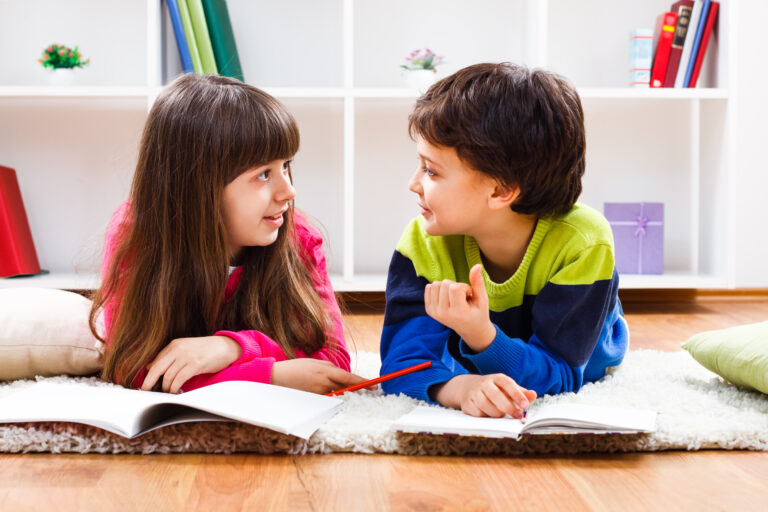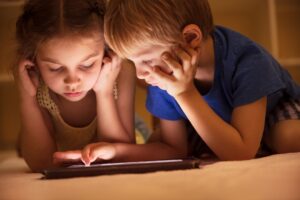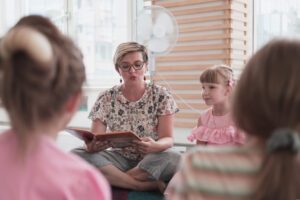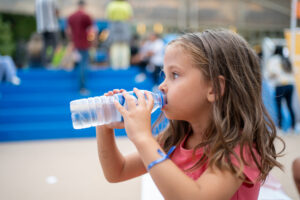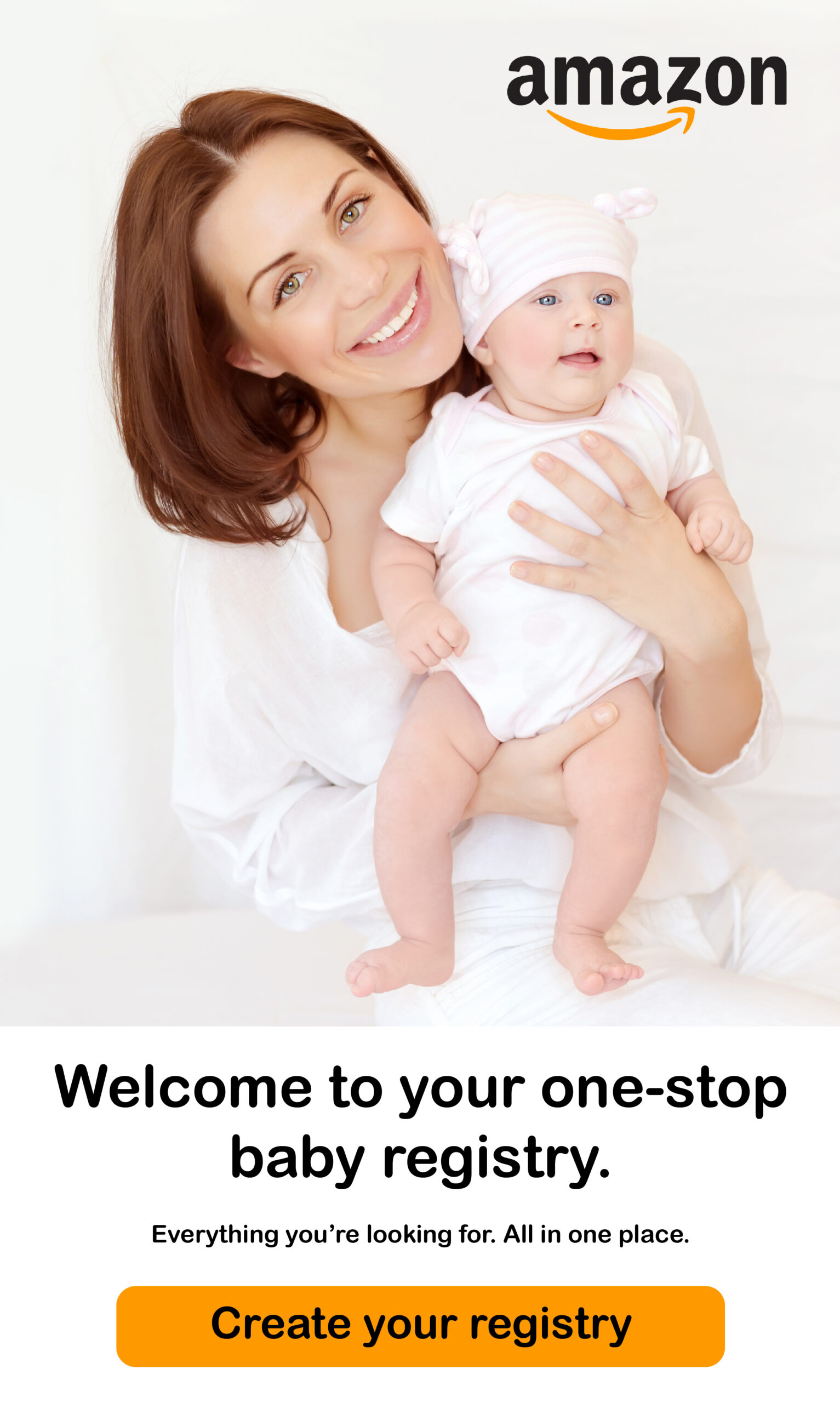Throughout my years as a childhood educator working with little kids, I’ve embarked on a deeply rewarding journey.
This path has not only shown me the joys and challenges of early childhood development but also the profound impact that thoughtful support can have on a child’s mental growth.
In my experience, fostering mental development in these formative years lays the foundation for lifelong learning, adaptability, and emotional well-being.
Let me share some insights and strategies I’ve gathered along the way.
The Cornerstones of Mental Development in Early Childhood
Understanding the multifaceted nature of mental development is key. It’s about nurturing cognitive skills, emotional intelligence, and social abilities—all of which are interwoven and crucial for a child’s overall growth.
Encouraging Curiosity and Exploration
From what I’ve observed, a child’s natural curiosity is the engine of mental development. Creating an environment that encourages exploration has been my secret weapon.
This means offering a variety of sensory experiences, from tactile play with different materials to auditory adventures with music and sounds. It’s these everyday discoveries that spark joy and stimulate cognitive growth.
Building Emotional Intelligence
In my journey, I’ve learned the importance of emotional intelligence in a child’s mental development.
Recognizing and expressing emotions, empathizing with others, and managing feelings are skills that are nurtured through interaction and guidance.
I’ve found that simple activities like talking about emotions, reading stories with diverse characters, and playing cooperative games can significantly enhance a child’s ability to understand and navigate their feelings and those of others.
Practical Strategies for Supporting Mental Growth
Over the years, I’ve tried and tested a myriad of strategies to support the mental development of the children in my care. Here are some that have proven particularly effective.
Engaging in Meaningful Conversations
I’ve personally used conversations as a tool to challenge and expand a child’s understanding of the world.
Asking open-ended questions that prompt thinking, encourage problem-solving, and invite children to express their ideas and opinions has been a technique I’ve seen foster critical thinking skills.
Creative and Imaginative Play
Creative play, in my experience, is a powerful catalyst for mental development. Through role-playing, storytelling, and art, children learn to think creatively, develop narratives, and express themselves.
These activities, which I’ve personally tested and refined, not only support cognitive development but also encourage emotional expression and social interaction.
Fostering a Love for Learning
Instilling a love for learning from an early age is crucial. It’s about making learning fun, engaging, and part of everyday life.
Interactive Learning Activities
Interactive activities that incorporate learning into play have been my go-to approach.
Whether it’s sorting games that teach categorization, puzzles that enhance spatial reasoning, or simple science experiments that introduce cause and effect, I’ve seen how integrating learning with play can ignite a child’s passion for discovery.
Encouraging Autonomy in Learning
Promoting autonomy, offering choices, and allowing children to lead their learning journeys have been strategies I’ve found incredibly effective.
This approach not only boosts confidence but also fosters a sense of responsibility towards their own learning.
The Role of Community and Collaboration
In my years of working, I’ve seen the significant impact that a supportive community can have on a child’s mental development.
Collaboration with families, caregivers, and other educators ensures a cohesive approach to nurturing each child’s potential.
Partnership with Parents
Open and ongoing communication with parents about their child’s progress, interests, and needs has been essential.
Sharing strategies, experiences, and resources can empower parents to continue supporting their child’s mental development at home.
Learning from Peers
Peer interaction is invaluable. I’ve observed that children learn a great deal from each other—whether it’s through play, shared tasks, or simply being part of a group.
Facilitating these interactions in a structured yet flexible manner has been key to encouraging social learning and emotional understanding.
Final Thoughts
In my journey in childcare and through my experiences with children, I’ve discovered that supporting mental development in early childhood is a multifaceted and deeply rewarding challenge.
It requires patience, creativity, and a commitment to understanding each child as an individual. By fostering curiosity, encouraging exploration, and creating a supportive learning environment, we can provide children with the tools they need to grow into curious, capable, and resilient individuals.
Together, as educators, parents, and community members, we can lay the groundwork for a lifetime of learning, discovery, and mental well-being.

